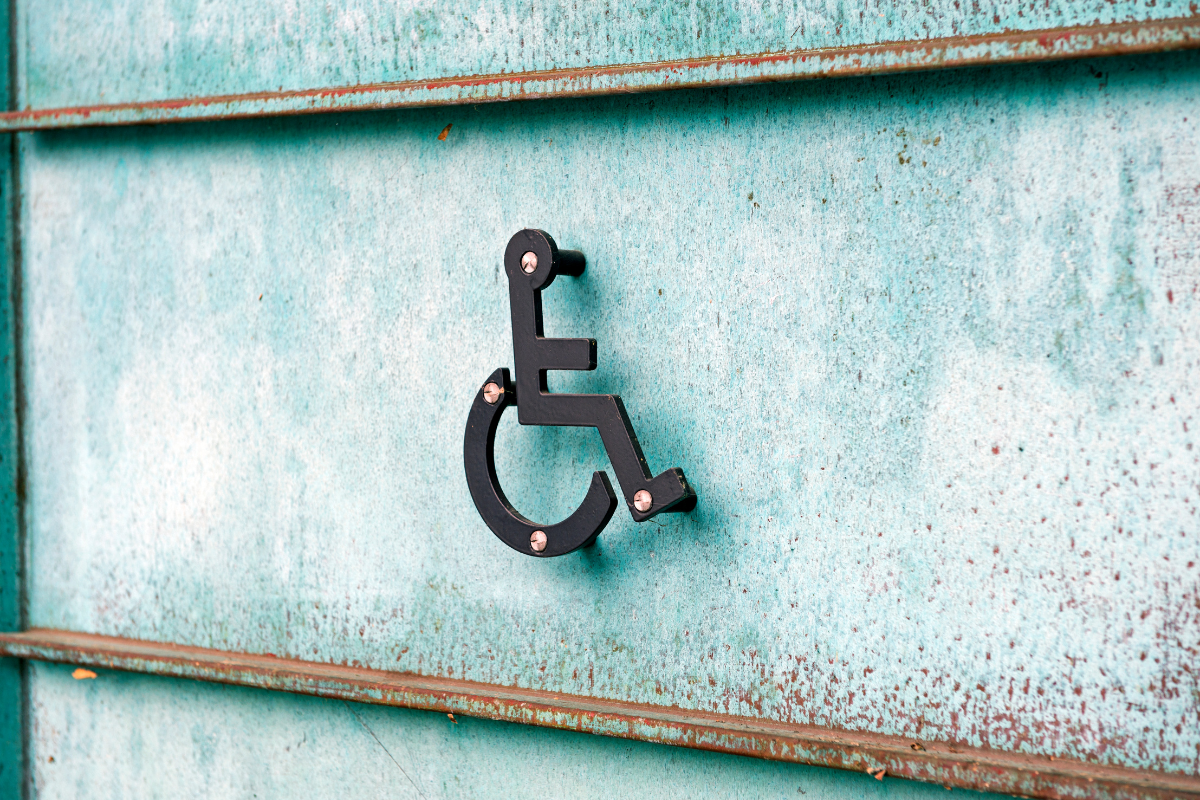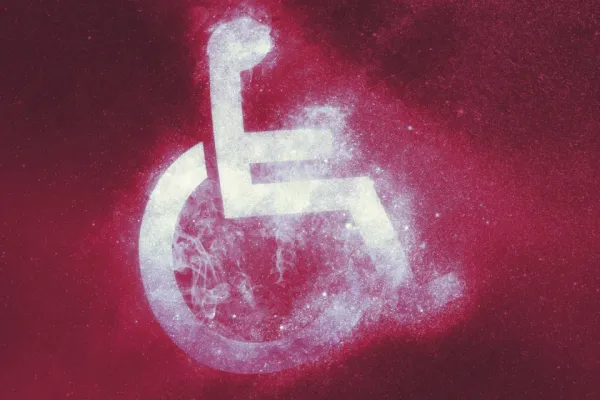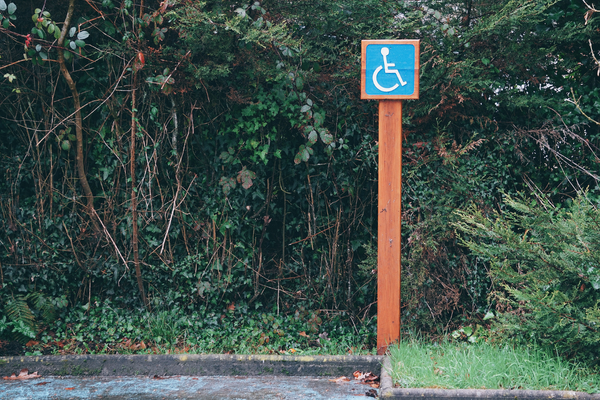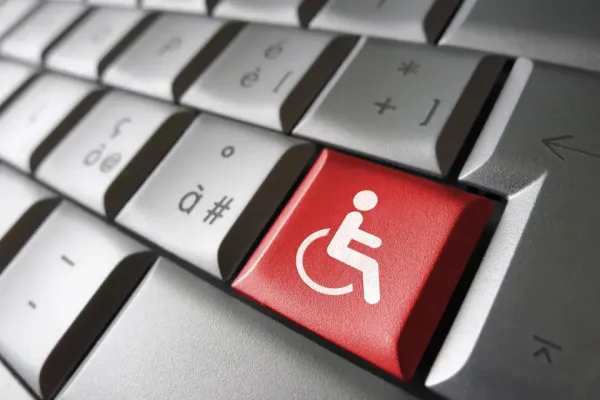7/3/25 - Good, not great
Since almost all of our victories are partial, you would think figuring out how to move forward with them would be easier. But it never is.

Hello!
Is there a theme to these three articles? Maybe something about silver linings and clouds, and the importance in disability activism of always looking for both.
Note: Tomorrow is Independence Day in the US, so there won't be a newsletter. The next one will be on Monday, July 7. I hope everyone has a nice weekend!

What has been driving the rise in disability benefit claims?
Ben Chu and Tom Edgington, British Broadcasting Corporation - June 30, 2025
"Work and Pensions Secretary Liz Kendall said changes to Pip (Personal Independence Payment) would only apply to new claimants ... She also confirmed that payments to existing recipients of the health-related element of universal credit (formerly known as incapacity benefit) will no longer be frozen ... However, government analysis on the impact of welfare reforms that are still planned estimates that an extra 150,000 people will end up in 'relative poverty' as a result."
‘This isn’t a U-turn’: disabled people react to passing of watered-down welfare bill
Frances Ryan, The Guardian - July 2, 2025
"When news of the government’s win off the back of a major climbdown on Pip reached him, Boxall felt 'disappointed' but 'not disheartened'. 'The patchwork of desperate, last-minute face-saving concessions, legislating on the fly, is an absolute embarrassment,' he says ... 'This isn’t a U-turn. It’s more smoke and mirrors,' according to Ellen Clifford from the campaign group Disabled People Against Cuts. 'They might have bought votes with promises of co-producing the Pip review but how can we trust a government like this?'"
It seems like the Labour government in the UK has backed down a bit on their proposed disability benefit cuts. But what they still plan to do is likely to push at least some disabled people into poverty. And the breach of trust that disabled people in the UK have experienced with this government is going to take a lot more than a few concessions to heal. Still, it's always interesting to think about how we process partial victories in disability activism. Since almost all of our victories are partial, you would think figuring out how to move forward with them would be easier. But it never is. But maybe that's the lesson. Just as it's important for us to find glimmers of hope in every defeat, when we win, we also have to remember to look for the catch.
The first article was also interesting for what it said, and didn't say, about why the number of disability benefit recipients in the UK have risen so much recently. Most of the factors mentioned are demographic – related to society-wide age and medical factors, including the COVID pandemic. These factors aren't really under anyone's conscious control. And the studies cited apparently do not blame some kind of cultural shift towards laziness – which I suspect is what a lot of people in the UK actually think is to blame.
The disabled teen stuck in a hospital for six years finally gets her own home
Joseph Shapiro, Virginia Public Media / National Public Radio - July 1, 2025
"The Trump administration celebrated, too, and put out a press release to mark its role in helping the state get Ratcliff home. But the release from the U.S. Department of Health and Human Services left out one detail: The Trump administration, in its budget request for the next fiscal year, zeroed out the money for the program that helped Ratcliff move."
Here, the cloud behind this genuinely lovely silver lining is incredibly obvious. It's encouraging to see that at leas some people in the Trump administration understand why it's important to support disabled people in their own homes rather than nursing homes. But it's hard not to notice that at the same time Congress, very much at President Trump's insistence, is about to enact cuts and restructuring of Medicaid that are very likely to make happy homecomings like Alexis Ratcliff's impossible – and maybe even undo her own. We have all got to get much better at noticing the connections between the ups and downs of individual disabled people and the much larger-scale politics and legislation that drive them.





Disability Thinking Weekday is a Monday-Friday newsletter with links and commentary on disability-related articles and other content. Please like, share, comment, and subscribe — for free, or with a paid subscription. A free subscription brings a newsletter to your email each weekday, and gives you access to Comments. Benefits of paid subscription also include:
- A monthly recap with links to all of the previous month's shared articles, organized by topic.
- Listing as a supporter, and a link to your website if you have one.
- You can recommend one disability-related article for me to share per month in a weekday post.
To to subscribe, upgrade to paid, or make a one-time donation, click one of the buttons below:

I am so grateful for your help and engagement, in whichever forms you choose!



